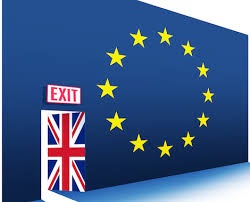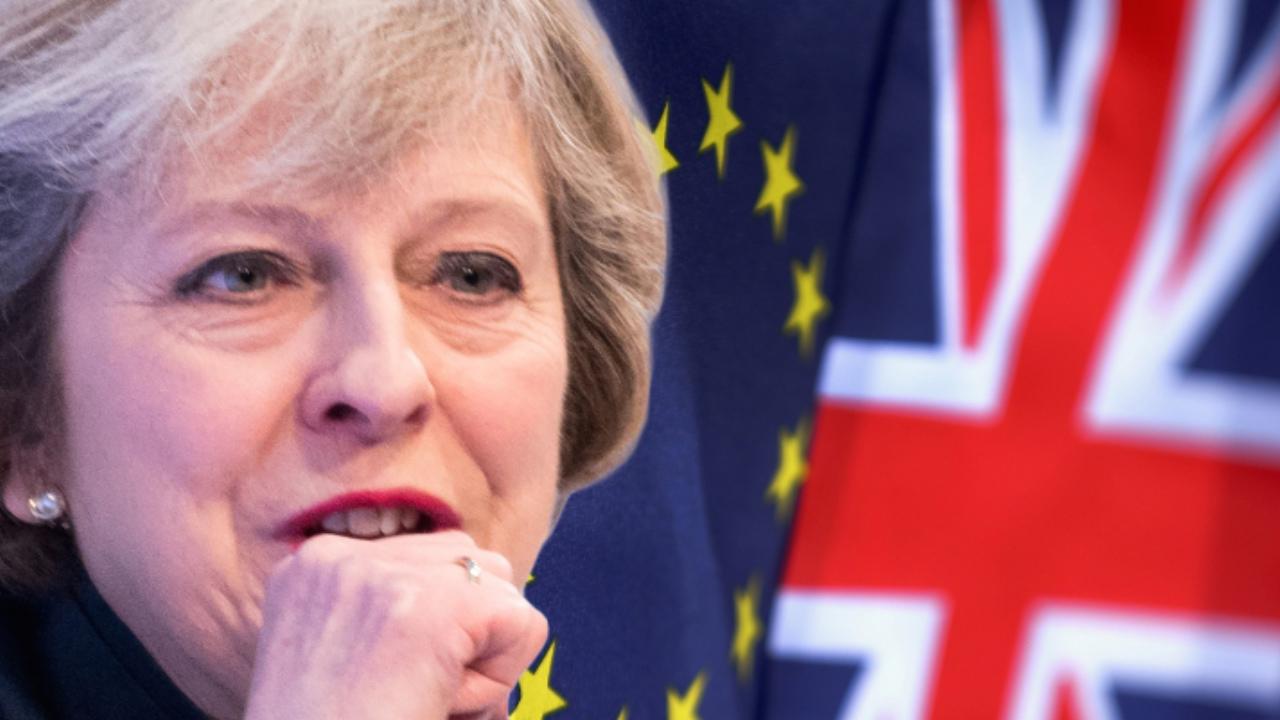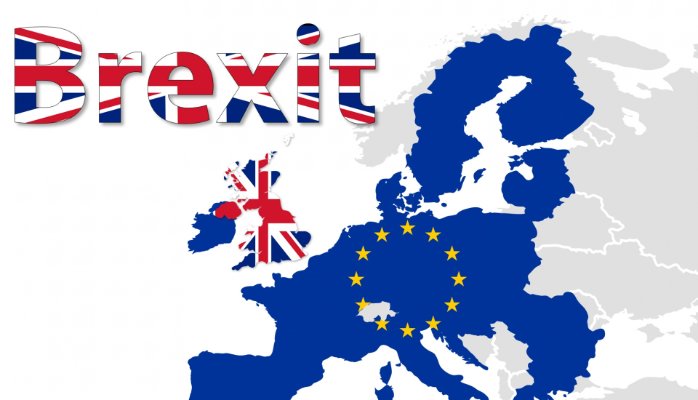Trade Talks Can Start
EU leaders meeting on the 15th December rubber-stamped the deal that allows the Brexit talks to move to the next stage. With the ‘divorce’ issues ‘significantly progressed’ (or more accurately in the case of Ireland, fudged), then the UK and EU can move on to discuss the future relationship. In fact, Stage 2 of the talks may well focus on the ‘transition period’ being the most urgent matter, with a Stage 3 covering the long-term arrangements.
In terms of the next step, it appears that the talks may not start until the spring, as the EU-27 need to agree on a revised negotiating mandate. The next opportunity for this is a summit in late March. Some informal discussions could well start before this however, as both sides are keen to press on. Even so, all this leaves very little time if an agreement (even if just on the transition period) is to be agreed by autumn 2018 in order to be ratified by EU Members by March 2019.
Divorce and Transition
Following the divorce deal, various prominent Brexiteers, not least the Brexit Secretary David Davis, suggested that it would not be honoured if no trade deal was forthcoming, especially on the payment of a financial settlement to the EU. Also, on the Irish border question, the UK Government has promised (at least) three things – no hard border, the UK to leave the Customs Union and no different treatment of Northern Ireland compared to the rest of the UK. Only any two of these three things can actually be delivered.
The EU was quick to push back on the status of the deal, stating that a condition for moving onto Phase 2 was the translation of the Phase 1 deal into a legally enforceable agreement.
In terms of the transition period, Europe is clear that the UK must follow the full EU ‘acquis’ (i.e. body of rules and regulation) during this period. The UK Government has indicated this might be for two years’ duration. This would mean continuing membership of the Customs Union, full freedom of movement of labour, plus the continued jurisdiction for the European Court of Justice. During this period the UK would not be involved in the EU decision-making process. These points are highly inflammatory to pro-Leave campaigners. The Conservative MP Jacob Rees-Mogg is quoted that the plans would turn the UK into a ‘vassal’ of the EU. It is possible that the terms might be amended during the next phase of talks, but we would not bet on this.
The terms of the transition period will be influenced by what any final future trading relationship looks like. It may seem rather bizarre this far into the process, but the Cabinet is only now discussing for the first time what the UK’s preferred arrangement is for any final trade agreement. Getting agreement will not be easy with the different views in the Government (which is why it hasn’t been tried up until now).
Commons Vote
The Government lost its first vote in the Brexit process on the 13th December. A number of Conservative MPs joined the opposition to insert an amendment in the EU Withdrawal Bill requiring that any final Brexit deal must be put before Parliament before it is implemented. It is not clear how much this changes the dynamic of Brexit, but it certainly adds to the complexity of managing the process for the Government. It perhaps points to a slightly softer Brexit.
Effect on Farming
At the outset, it should be stated that an agreement, either on transition or a future long-term relationship, is still by no means guaranteed. The UK could still slip out of the EU on the 29th March 2019 with ‘no deal’ and all the upheaval that entails. However, the events of the last couple of weeks make this slightly less likely. Also, the transition deal that is being proposed, at least from the EU side, indicates there could be very little change for farming until 2021. Trade in agricultural goods with the EU would carry-on much as it does at present – meaning little upheaval in markets and prices. There would still be free movement of labour, so the issues of staff availability, especially in the fresh produce sector, may be postponed. It also seems likely that the CAP, and thus the BPS would also continue to operate in the UK for the two years of transition. Overall then, perhaps little change in the short-term. But the reckoning will only have been delayed. Businesses should still treat the next few years as a period to get themselves into the best possible shape to deal with the uncertainties ahead.




